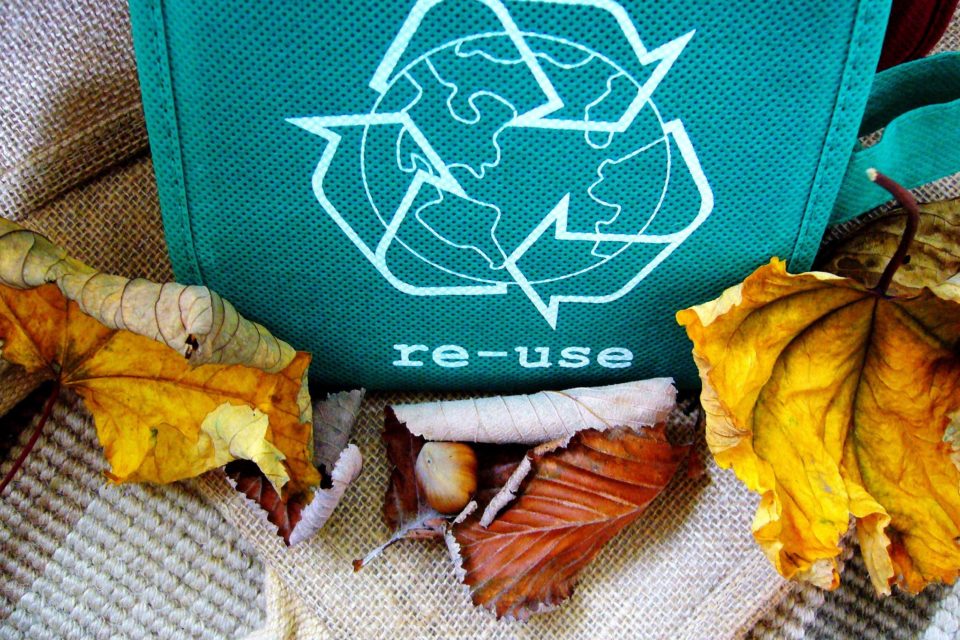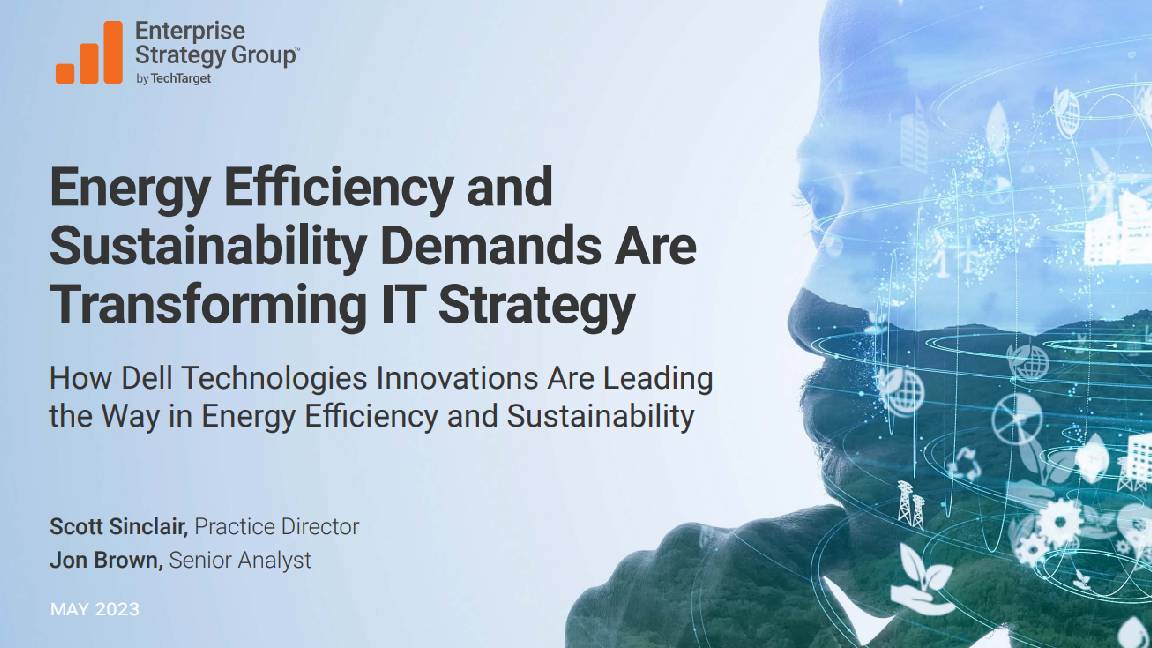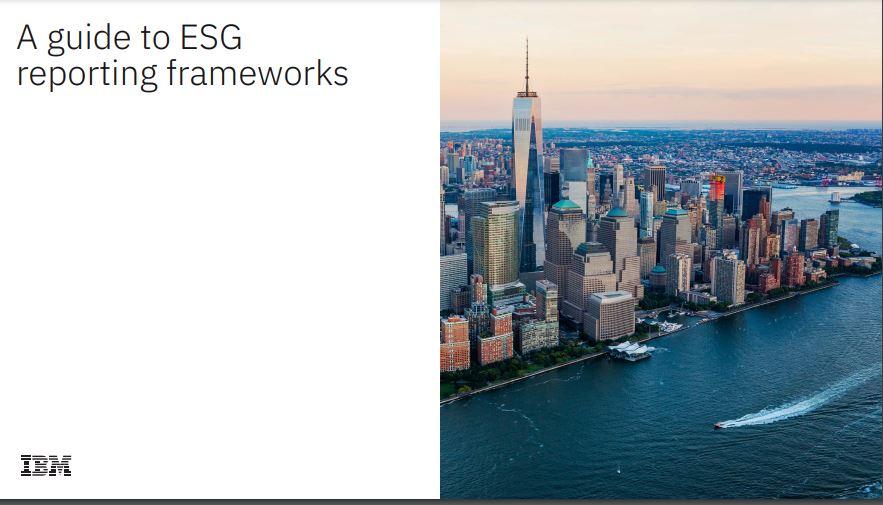Recycling our digital waste is too hard
We need tools to clear the mountains of data that are building up around us


Sign up today and you will receive a free copy of our Future Focus 2025 report - the leading guidance on AI, cybersecurity and other IT challenges as per 700+ senior executives
You are now subscribed
Your newsletter sign-up was successful
Do you know what your personal data footprint is? At the time of writing, I’ve got 16GB of data stored in my main Google account, 7GB in a secondary account and 12GB in my Dropbox. My external hard drive, largely occupied by my digital photo collection, has 1.6TB of data backed up to a Livedrive account. That’s not to mention all the photos I’ve uploaded to sharing sites such as Flickr, 500px and Amazon Photos over the years. I’ve largely abandoned Hotmail, Yahoo Mail and other accounts with who knows how much data sitting in them. In short, I don’t know what my data footprint is, but it’s well into the terabytes.
How much of that data do I actually need? How many of those files have I even accessed once in the past five years? It would be a very small proportion – certainly less than 10%. That photo collection, for example, includes all the RAW images from shoots, photos that might or might not be good enough to become a final edit. If I’m taking photos of an awards ceremony, I’ll shoot up to a dozen images of the same group getting an award, so I can be reasonably sure of getting one where nobody is blinking. All of those are kept, just in case, and I never get around to deleting the files I don’t need because… well, life’s too short.
We’ve been lured into building data mountains as a consequence of ever-improving storage technologies and free or cheap cloud storage. Every time I buy a new hard disk to house that overweight photo collection, it’s at twice the capacity of the old one for roughly the same price, letting me put off that clearout for another couple of years. When Gmail first launched, its whole pitch was “never delete an email again” because it was offering so much free storage. And the fact that I can backup my entire photo collection on Livedrive for a fiver a month means there’s little financial incentive for me to spend hours and hours deleting the files I don’t need. There’s no way of writing this without sounding like an entitled you-know-what, but in the time it would take me to clear the cruft from my photo collection I could earn more than the £60 per year it costs me in storage.
But, of course, all that wasted online storage comes at a much greater cost than merely the cash being dinged out of my bank account. All of that unnecessary data has to be stored and then backed up (potentially multiple times) on the cloud provider’s servers.
Take Google. The company has 19 different data centres dotted around the planet, according to its website. The company is a tad more reticent about giving out precise details of the size of these facilities, but you can see from the photo gallery that they’re enormous – factories the size of several football fields (my go-to point of reference), in many cases.
Google claims that in 2018, it purchased “100% renewable energy to match our annual electricity consumption for global operations”, and I’ve no reason to disbelieve that stat. But even leaving aside the sheer volume of energy required to maintain all that unnecessary data, there’s the physical server hardware, often made from rare minerals. And what happens to all that kit when it reaches end of life?
Smashing green tech myths Our 5-minute guide to enterprise cloud computing What is hybrid cloud? General Data Protection Regulation (GDPR)
The problem is exacerbated by Google and others making it difficult to clear out the stuff you don’t need. Why are there no tools in Gmail that let you delete messages that haven’t been accessed in, say, the past two years? Why, when my Google Drive is warning me that I’m running out of free storage – and, by the way, would I like to pay for a hundred extra gigabytes? – are the tools that let you identify the space-hogs in your Drive tucked away in a settings menu? I’ve answered my own question there.
Sign up today and you will receive a free copy of our Future Focus 2025 report - the leading guidance on AI, cybersecurity and other IT challenges as per 700+ senior executives
The same accusations could be aimed at Microsoft with Windows, Apple with macOS, Adobe with Lightroom, and so on. Nobody is giving any serious thought to helping people clear their data detritus. They’re complicit in the creation of huge data mountains, most of which wouldn’t be missed. And if I’m gathering terabytes of unnecessary data as an individual, imagine just how much is piling up inside companies, where compliance regulations and the threat of legal action over missing data trails mean almost everything is kept.
It’s not as serious as the plastic swilling around our oceans or the enormous piles of landfill, but it’s much easier to solve than either of those problems, too. My hope for this new decade is that tech firms start taking this problem seriously.
Barry Collins is an experienced IT journalist who specialises in Windows, Mac, broadband and more. He's a former editor of PC Pro magazine, and has contributed to many national newspapers, magazines and websites in a career that has spanned over 20 years. You may have seen Barry as a tech pundit on television and radio, including BBC Newsnight, the Chris Evans Show and ITN News at Ten.
-
 Pulsant unveils high-density data center in Milton Keynes
Pulsant unveils high-density data center in Milton KeynesNews The company is touting ultra-low latency, international connectivity, and UK sovereign compute power to tempt customers out of London
-
 Anthropic Labs chief claims 'Claude is now writing Claude'
Anthropic Labs chief claims 'Claude is now writing Claude'News Internal teams at Anthropic are supercharging production and shoring up code security with Claude, claims executive
-
 Beyond the upgrade: How to maximize IT investments and minimize waste
Beyond the upgrade: How to maximize IT investments and minimize wasteHow to maintain optimal performance and productivity with your fleet of hardware and stave off the next upgrade cycle for a bit longer
-
 Energy efficiency and sustainability demands are transforming IT strategy
Energy efficiency and sustainability demands are transforming IT strategywhitepaper How Dell Technologies innovations are leading the way in energy effiency and sustainability
-
 Energy efficiency and sustainability demands are transforming IT strategy
Energy efficiency and sustainability demands are transforming IT strategywhitepaper How Dell Technologies innovations are leading the way in energy effiency and sustainability
-
 Your guide to smarter printing: 2024 edition
Your guide to smarter printing: 2024 editionWhitepaper Making smarter printing simple for all businesses
-
 How to empower employees to accelerate emissions reduction
How to empower employees to accelerate emissions reductionin depth With ICT accounting for as much as 3% of global carbon emissions, the same as aviation, the industry needs to increase emissions reduction
-
 How much say does IT really have in sustainability initiatives?
How much say does IT really have in sustainability initiatives?ITPro Network Vendors are ready to proclaim their green credentials, but as members of the ITPro Network explain, making changes on the ground can be complex
-
 ESG: Designing the ideal digital work experience for the next generation of innovators
ESG: Designing the ideal digital work experience for the next generation of innovatorsWhitepaper What users want, why it's critical to give it to them, and how the whole organization can benefit
-
 A guide to ESG reporting frameworks
A guide to ESG reporting frameworksWhitepaper Guidelines to assist with your approach to ESG reporting
